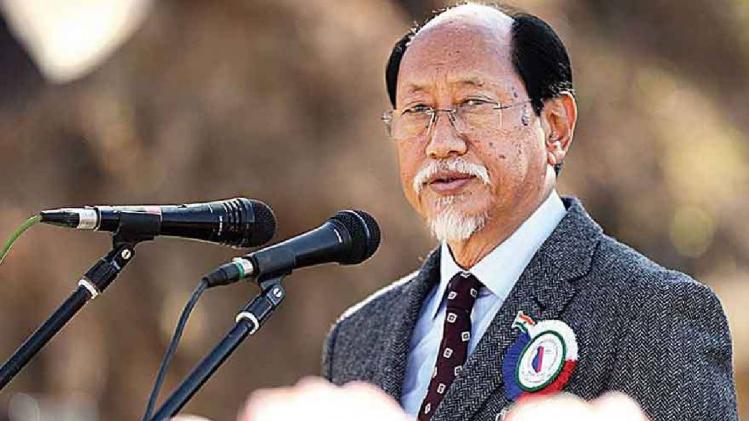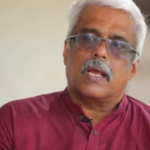KOHIMA: Tuesday, in response to public pressure, the Nagaland assembly voted to immediately repeal the Nagaland Municipal Act of 2001. It was stated that the assembly will enact a new law to regulate urban local governments.
Tribal entities, civil society organizations, and various segments of society protested against the law, which they claimed violated the spirit of Article 371A of the Constitution, which accords precedence to Nagas customary law and social or religious practices.
The resolution stated, “The House unanimously resolves today, March 28, 2023, that the Nagaland Municipal Act 2001 be taken up for repeal in its entirety with immediate effect, and that to govern the Urban Local Bodies, law be enacted expeditiously that will take into account once and for all the grievances of all the interested parties so that the elections could be conducted according to law.”
In the final hour of the current session, minister KG Kenye initiated discussion of the issue under Rule 50, which allows for the consideration of matters of urgent public importance. All political parties were represented by MLAs in the discussion.
State advocate general KN Balgopal provided a concise explanation of municipal law and the legal perspective of the litigation that began in 2011 and ultimately reached the Supreme Court during the hearing.
On the directive of the supreme court to conclude municipal elections by the end of May, the state election commission announced on March 9 that elections will be held on May 16. As the state government prepared to conduct the elections, tribal bodies and other organizations passed resolutions calling for a revision of the law to align it with the provisions of Article 371A. Election participation was threatened to be boycotted by civil society organizations.
According to reports, the state government was informed that the law and order situation would deteriorate if elections were held without the necessary reforms.
“The Cabinet met twice to resolve the impasse. By the time it became clear that there would be no participation in these elections due to a boycott by all Tribal Hohos and other organizations, it was already too late. The enforceability of a law is its defining characteristic. People cannot be compelled to participate in elections if they are unwilling to do so voluntarily. Under these conditions, the Cabinet decided to refer the matter to the Legislative Assembly for further consideration. “The House has deliberated on the matter and determined that the 2001 Nagaland Municipal Act must be repealed before the Urban Local Bodies election can be held,” the assembly resolution stated.
Also read this:Today, the Election Commission will announce the Karnataka Assembly election schedule
After the House adopted the resolution unanimously, Neiphiu Rio, the chief minister, introduced the Nagaland Municipal Act 2001 (Repeal Bill 2023), which was approved by voice vote.




